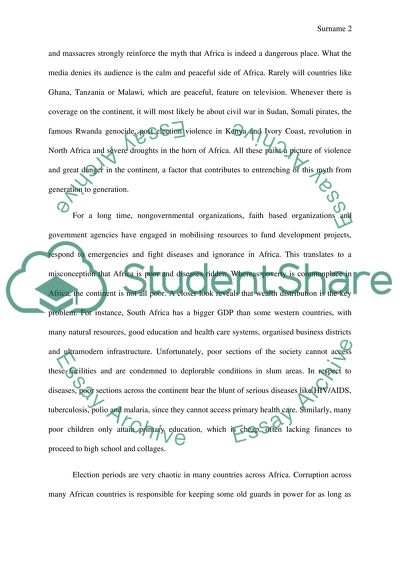Cite this document
(“Curtis Keim's Mistaking Africa Essay Example | Topics and Well Written Essays - 1250 words”, n.d.)
Retrieved de https://studentshare.org/history/1442449-curtis-keims-mistaking-africa
Retrieved de https://studentshare.org/history/1442449-curtis-keims-mistaking-africa
(Curtis Keim'S Mistaking Africa Essay Example | Topics and Well Written Essays - 1250 Words)
https://studentshare.org/history/1442449-curtis-keims-mistaking-africa.
https://studentshare.org/history/1442449-curtis-keims-mistaking-africa.
“Curtis Keim'S Mistaking Africa Essay Example | Topics and Well Written Essays - 1250 Words”, n.d. https://studentshare.org/history/1442449-curtis-keims-mistaking-africa.


